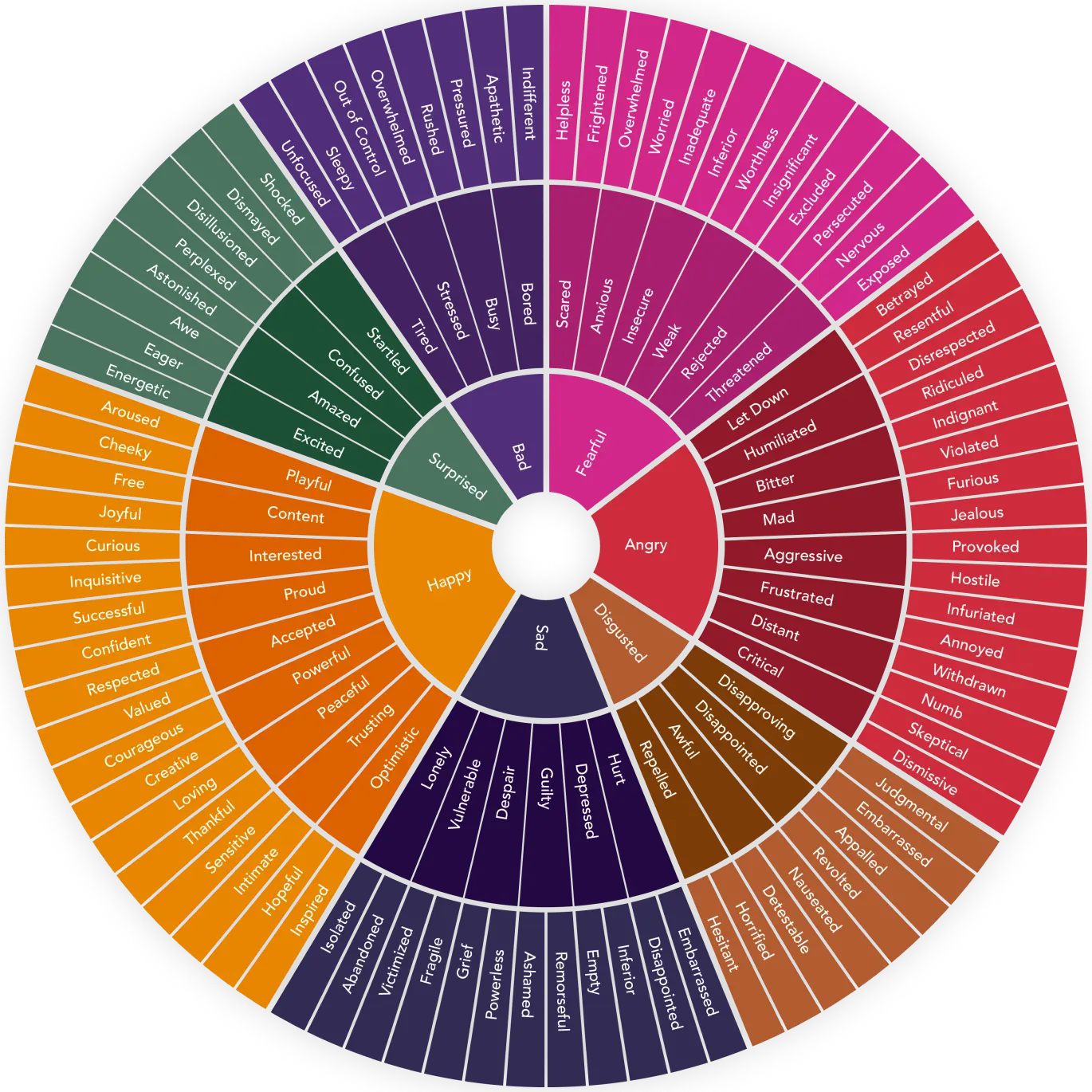Mindful Motherhood: Postpartum Mental Health Tips
- Category: Women & Children
- Posted On:
LaToya Ray, LPC
Supervisor
Mental Health Outpatient Services
Snowden at Fredericksburg
Mental Health Check-In After Baby
Bringing a baby into the world is a life-changing experience, and with it comes a whirlwind of emotions. While postpartum depression and the "baby blues" are often discussed, there’s another condition worth addressing: postpartum anxiety. Let’s explore these challenges and how to navigate them.
The Impact of Change
Change is hard—even joyful change. Times of celebration and growth can bring stress, a phenomenon known as “eustress.” However, we often downplay this stress because we don’t want to seem ungrateful or dismissive of others’ struggles. It’s important to recognize that even “good” stress can contribute to mental health challenges, especially during the transformative period of welcoming a newborn.
Understanding Postpartum Challenges
After childbirth, your body is recovering from an incredible journey—creating and birthing a new life. Meanwhile, you’re adjusting to meeting your baby’s needs, shifting family dynamics, and operating on minimal sleep. While this time can be joyful, it’s undeniably stressful.
Here’s a breakdown of common postpartum mental health experiences:
- Baby Blues: It’s normal to feel sad or overwhelmed during this time. Despite these feelings, you can still find moments of joy and maintain a sense of routine.
- Postpartum Depression: This goes beyond the baby blues. It’s characterized by persistent sadness, lack of interest in activities, and difficulty finding joy. You might experience intrusive or distressing thoughts that feel out of control. Postpartum depression can last for weeks, months, or even years.
- Postpartum Anxiety: With postpartum anxiety, worries and “what if” scenarios can dominate your thoughts, making it difficult to focus on daily tasks or find relief. Like postpartum depression, this condition can persist without proper support.
Steps You Can Take
The good news is that there are ways to address and manage postpartum mental health challenges. Here are some actionable steps:
- Talk to Your Parents: Ask your mother about her postpartum experiences. If she dealt with depression or anxiety, it might give you insight into familial patterns. Your other parents’ perspective can also help, as they witnessed the journey firsthand.
- Connect with Other Moms: Share experiences and gather tips from others who have navigated this journey. Learning “tricks of the trade” can boost your confidence and sense of control.
- Keep a Journal: Writing down your feelings can help you process emotions. If you’re unsure how to label your emotions, use a tool like a feelings wheel. Bring your journal to your six-week postpartum checkup to discuss your experiences with your healthcare provider. They can screen for postpartum depression and anxiety and help create a care plan.
- Consider Therapy: Therapy is a valuable tool during major life changes. A therapist can help you adjust and establish a new sense of normalcy. To find one, contact your insurance company or search online directories like Psychology Today.
Remember
Postpartum mental health challenges are common, and seeking help is a sign of strength, not weakness. By prioritizing your mental health, you’re not only helping yourself but also creating a healthier environment for your baby and family. You don’t have to face this journey alone—support is available.




